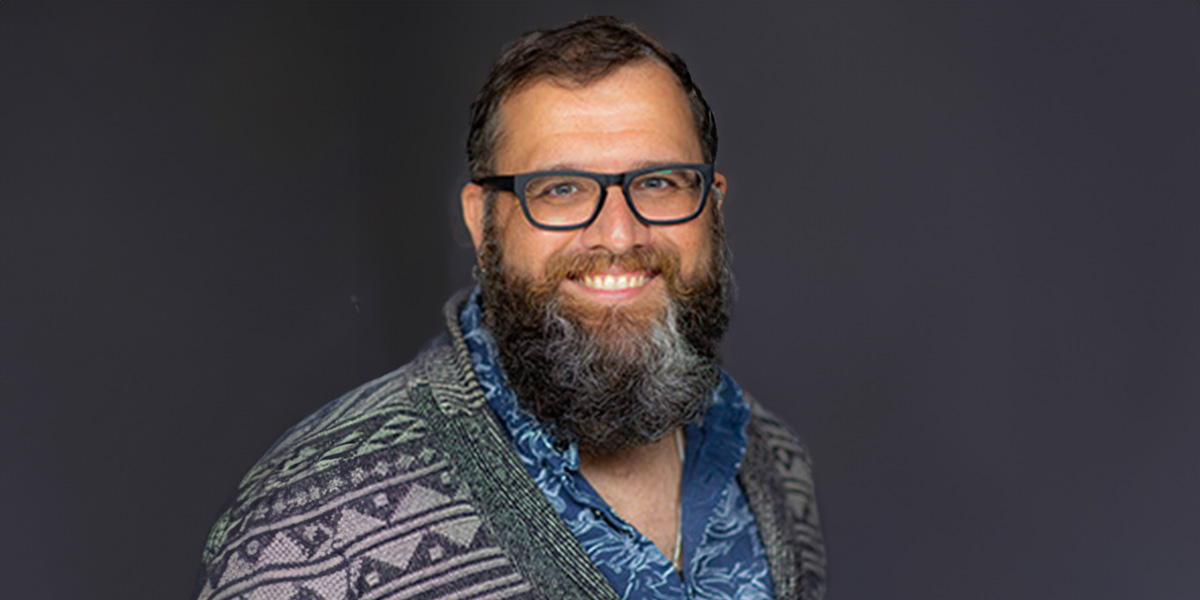Ron Padrón shares his journey navigating disability and advancing accessibility within DEI spaces.

Ron Padrón, Director of Diversity, Equity and Inclusion at the UMD INFO College
My name is Ron Padrón (he/him) and I am the Director of Diversity, Equity, and Inclusion (DEI) for the College of Information.
I’ve been working in higher education for almost twenty years, but my direct involvement with disability/accessibility advocacy in this space is a fairly recent addition. I identify as neurodivergent and disabled, in addition to being an out queer man. While I did not receive a diagnosis until I was in undergrad, I’ve navigated ADHD my entire life. In my early twenties I severely injured one of my arms which has left me with limited mobility. I also have a chronic GI illness that manifested about a decade ago, and took a while to diagnose and figure out how to manage. These personal lived experiences are what drew me into disability advocacy, especially as I began to engage in DEI work more broadly.
Something I’ve noticed in a lot of DEI spaces or initiatives is the absence of direct reference to, or support of, the disabled community. I feel that roles like mine, or spaces like the Office of Diversity, Equity, and Inclusion, have a responsibility to make sure disability/accessibility are included in our conversations, and that disabled folks have a seat at the table. In my own work I’ve begun referring to the work as “DEIA”, the A standing for “accessibility”, in order to bring heightened awareness to how often it is made invisible. Additionally, disability/accessibility advocacy benefits all communities because it intersects with every other identity, too.
How do you see yourself as an advocate for people with disabilities?
Probably the biggest ways I show up as an advocate for people with disabilities is through my work with the Including Disability Global Summit (IDGS) and accompanying anti-academic journal, Including Disability. The summit is a bi-annual, three day online conference that is totally free. It is a unique event that brings together researchers, educators, practitioners, advocates, artists, family members, and disabled people from across disciplines, professions, types of disability, and national boundaries. The accompanying journal is a dedicated platform for the voices and perspectives of the disabled community and their allies.